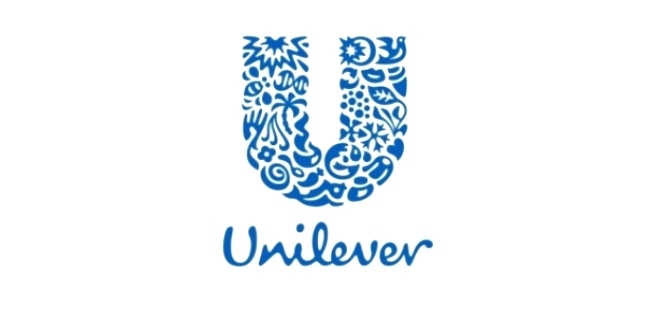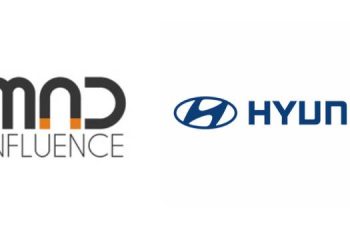
Unilever has signalled its efforts to drive down advertising costs will not slow in 2015 after a number of cheaper but targeted digital led activities last year helped lift profits as sales slowed in markets it once relied on for growth.
The FMCG business revealed full-year profit rose 6.8 per cent to €5.17 billion, despite a lower than expected sales drop of 2.7 per cent to €48.4bn. Emerging markets were chiefly to blame for the slow growth as evidenced by a 20 per cent decline in China in the fourth quarter.
Unilever has focused its expansion strategy in recent years on emerging markets, which account for nearly 60 per cent of its sales, but is having to adapt to a faster than anticipated economic decline in those regions. As a consequence, many emerging market currencies have devalued, offsetting local currency growth when converted into Euros or US dollars.
To offset the growth decline with savings, Unilever’s chief executive Paul Polman said it would ramp up plans to reduce its advertising outlay focusing particularly on digital media.
Production costs made up 40 per cent of the company’s total advertising spend in 2014 compared with 32 per cent in 2010 due to several moves in the period including a revamp of its global digital agency roster and a media review to evaluate online marketing, mobile, social, data and analytics.
Most recently, the business has been pushing into the programmatic space to seek out efficiencies when placing online ads. It has reportedly tied with GroupM to apply tougher standards for online display and video ads so that it only pays for ads that 100 per cent viewable in a browser, though it does not specify a length of time. The industry standard is at least 50 per cent of an ad must be viewable for at least a second.
Digital accounts for around 20 per cent of the company’s digital marketing spend, up from 17 per cent in 2013, fuelled by an increased focus on targeting consumers via mobile.
Unilever’s digital drive is part of continuous cost savings that have been common at the business since Polman became chief executive in 2009. Some 1,400 jobs were axed from the business in 2013 and Polman said it would continue to cut costs and simplify the business moving forward.
He said 2014 had been a “challenging year for our industry” and warned he did not expect “significant improvement in market conditions” over the next 12 months.

















